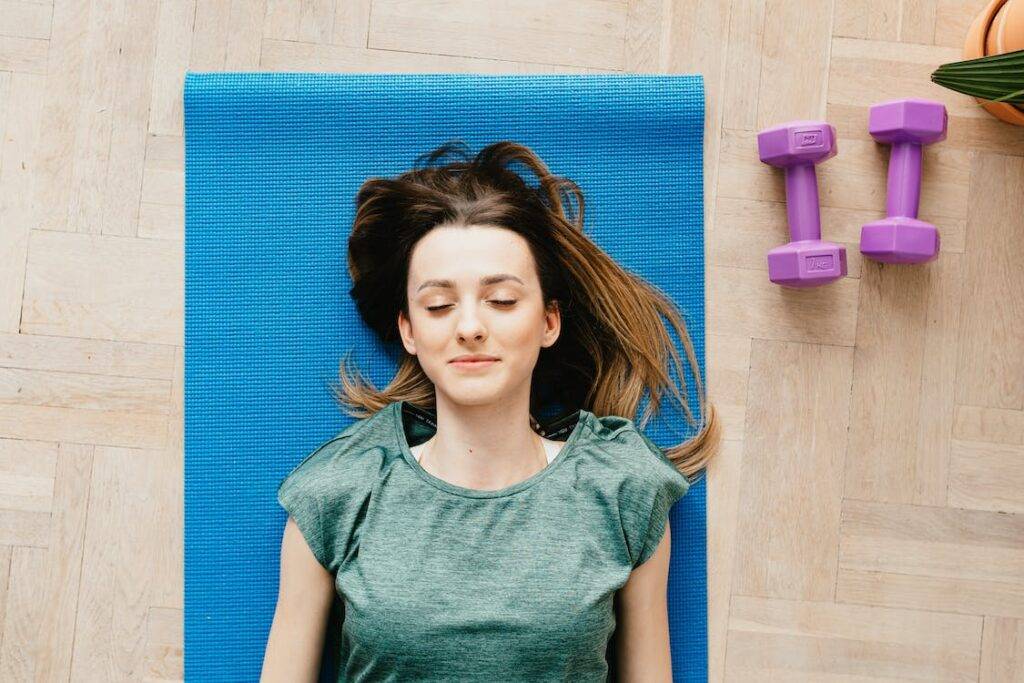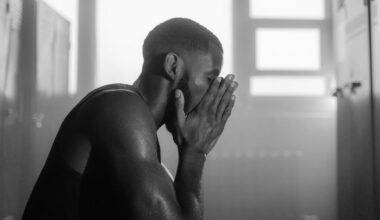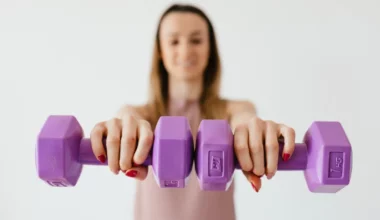Is That Actually Healthy Taking A Nap After Workout?
Physical activity is known for boosting energy. That’s because exercise increases your heart rate and blood flow, making you feel awake. It’s one of the many benefits of working out.
However, it’s also possible to get tired after exercise. This is especially common after high-intensity workouts. Physical activity, after all, requires a lot of energy and stamina.
If you feel tired after a workout, you may want to take a nap. In this article, we’ll discuss the pros and cons of post-exercise napping, along with tips for doing it right.

When you’re done with your afternoon jog, spinning class, or yoga session and feeling exhausted rather than energized, it can be tempting to take a quick nap before continuing with your day. You’re not alone in wanting to close your eyes for a few minutes: A third of Americans quietly nap during the day (via Sleep Foundation). And a nap after a workout not only promotes recovery but also sets you up for a more productive afternoon. If you’re working from home, it might be possible to take a nap after your midday workout, so take advantage of the free and easy recovery boost.
“Naps are the body’s way of facilitating physical recovery after a long or tough workout,” Dr. Amy Bender, clinical program director for athlete services at the Center for Sleep and Human Performance, told Triathlete. Magazine. He added that in addition to feeling fresh and mentally recovered, a nap stimulates the production of testosterone and human growth hormone, which can speed up physical recovery. According to one study, taking a nap can even help you regulate your emotions, which can be helpful if you’ve had a hard workout or are feeling stressed for the rest of the day.

How to nap post-workout
In most cases, naps can be a great recovery tool if done correctly. Start by hydrating and, if your workout has been hard or long, eat a recovery meal before you lie down (via Healthline). If you go to bed, don’t take a nap for more than 20 minutes. The National Sleep Foundation found that 10 to 20 minutes is the optimal length of a nap – no more, you risk falling into a deep sleep and waking up sleepy rather than rested. For the best quality sleep, make sure your nap environment is comfortable, cool, quiet, and, if possible, dark. If you work out later in the day, consider going to bed before bed at night to make sure you get a good night’s sleep.
However, keep in mind how often you tend to nap. Taking an occasional nap is fine, especially if you’ve slept badly. But if you want to go back to bed after each workout, you may need to rethink your workout routine. Your need to doze could also be a sign of an underlying health problem or a warning from your body that you generally need more sleep at night.

The advantages of napping after a workout include:
- Muscle recovery. Taking a nap after exercise can support muscle recovery. When you sleep, your pituitary gland releases growth hormones. Your muscles need this hormone to repair and build tissue. This is essential for muscle growth, athletic performance, and reaping the benefits of physical activity.
- Improved sleep debt. Sleep deprivation hinders muscle recovery. It also slows down cognitive function and weakens the immune system, contributing to poor athletic performance. By taking a nap, you can lessen the effects of sleep deprivation by getting more rest.
- Reduced physical fatigue. Feeling sleepy after exercise is a sign of muscle fatigue. However, as napping encourages muscle recovery, it decreases fatigue. This can make it easier to handle other obligations during the rest of the day.
- Increased mental alertness. Similarly, taking a nap after exercise can give you a boost of mental energy. If you woke up early to work out, a nap can help you feel less tired.

How long should you nap?
Limit your nap to 20 minutes. Avoid taking a nap for 30-60 minutes. Otherwise, you may go into a deep sleep and wake up with the inertia of sleep.
Set an alarm for 25 to 30 minutes. This will give you some time to relax before a 20-minute nap.
If you’re feeling tired after an evening workout, it might be worth going to bed early. Just be sure to hydrate first and eat a recovery meal.
If you desire to get any product that makes your life easier you can check this link:
“Rest, That was a great workout you deserve it”
Gymaholic







